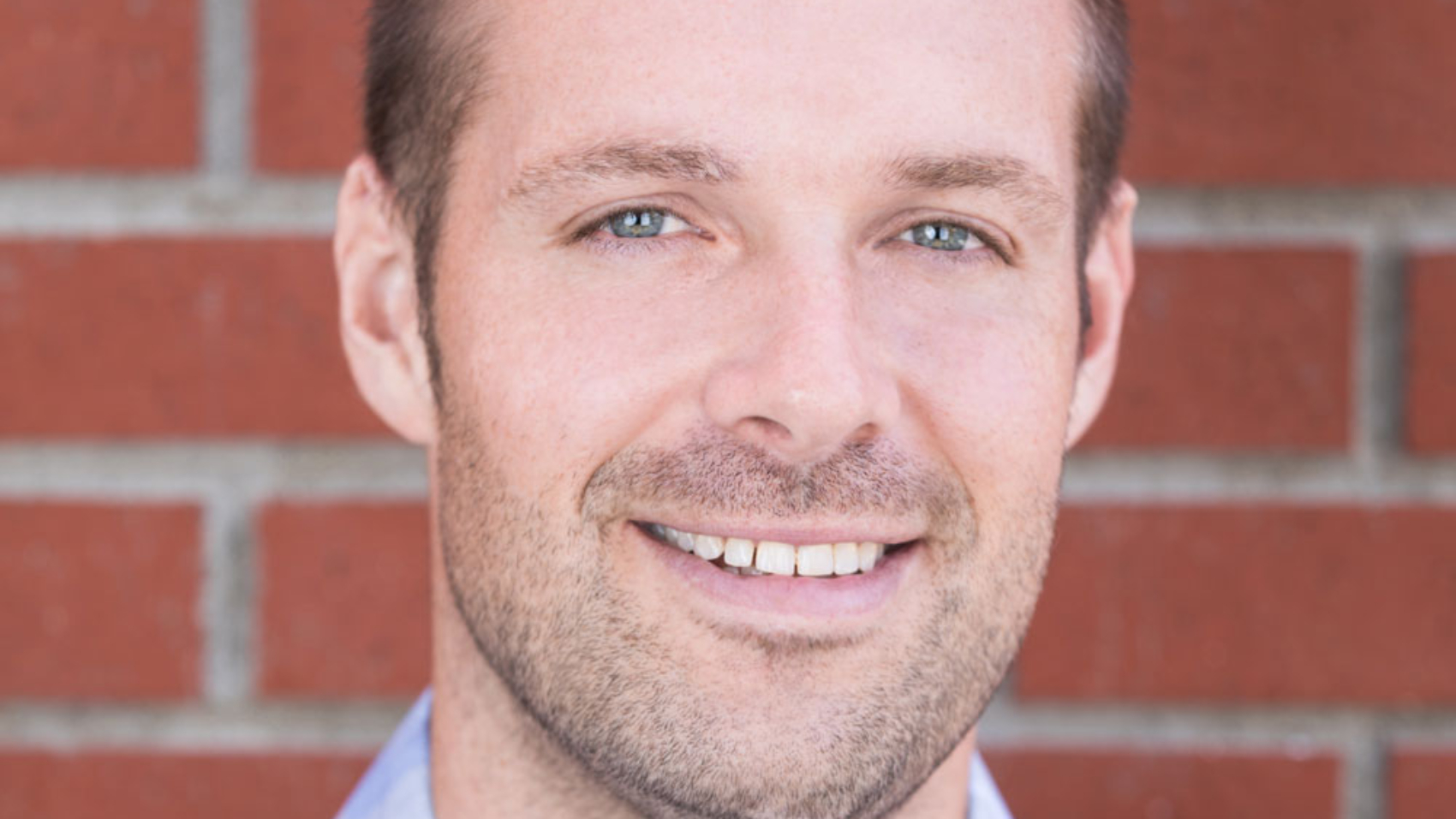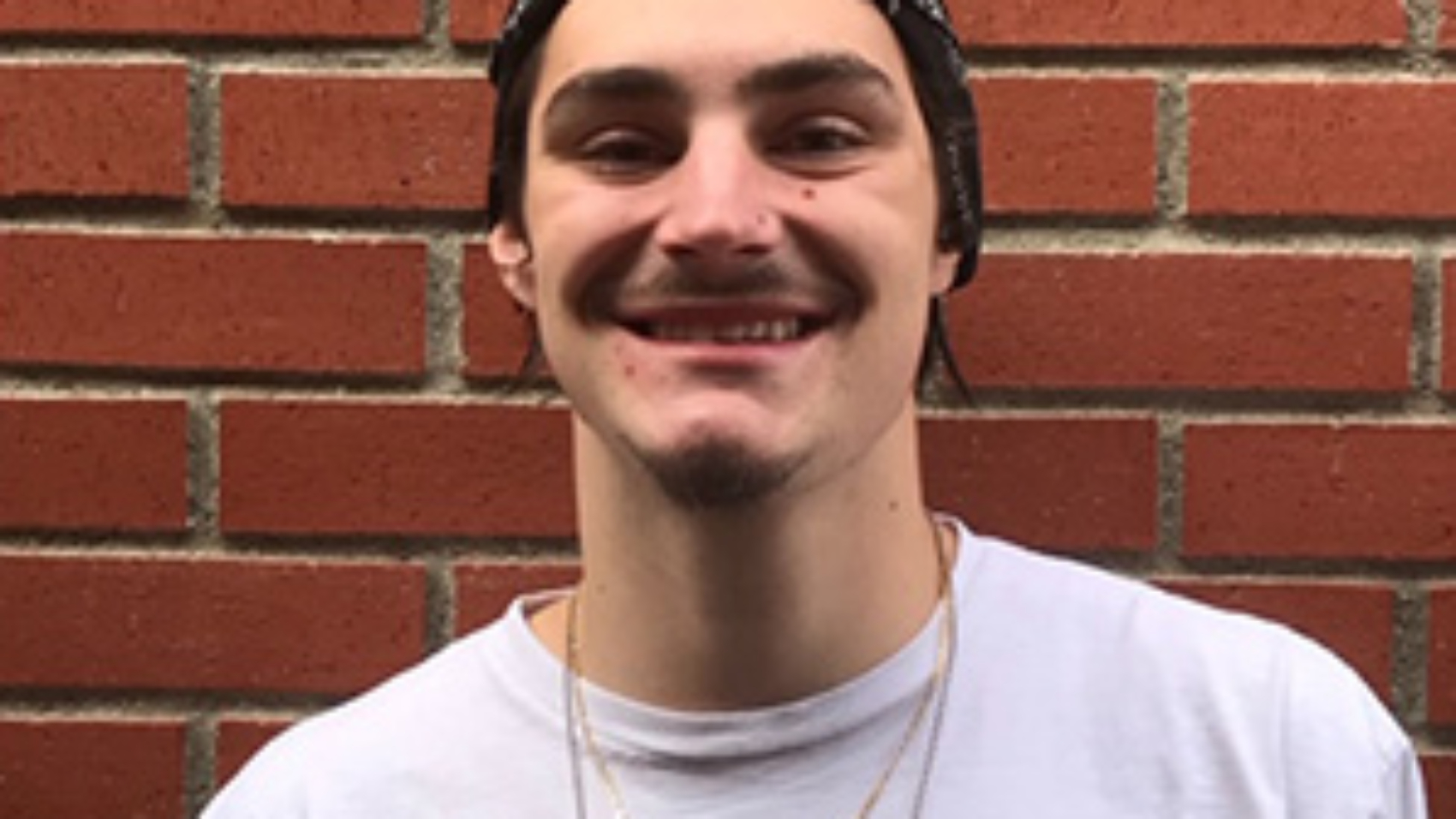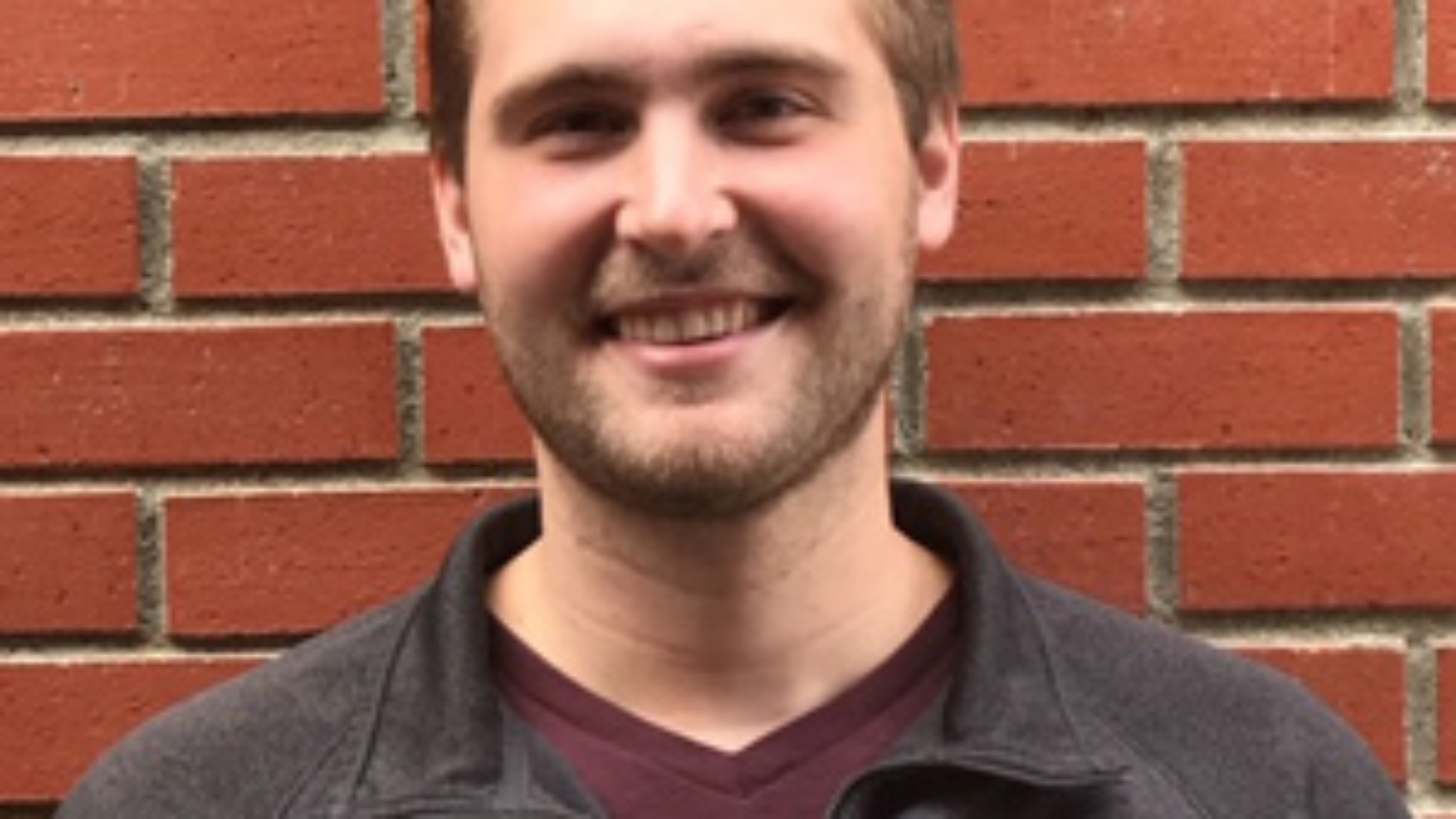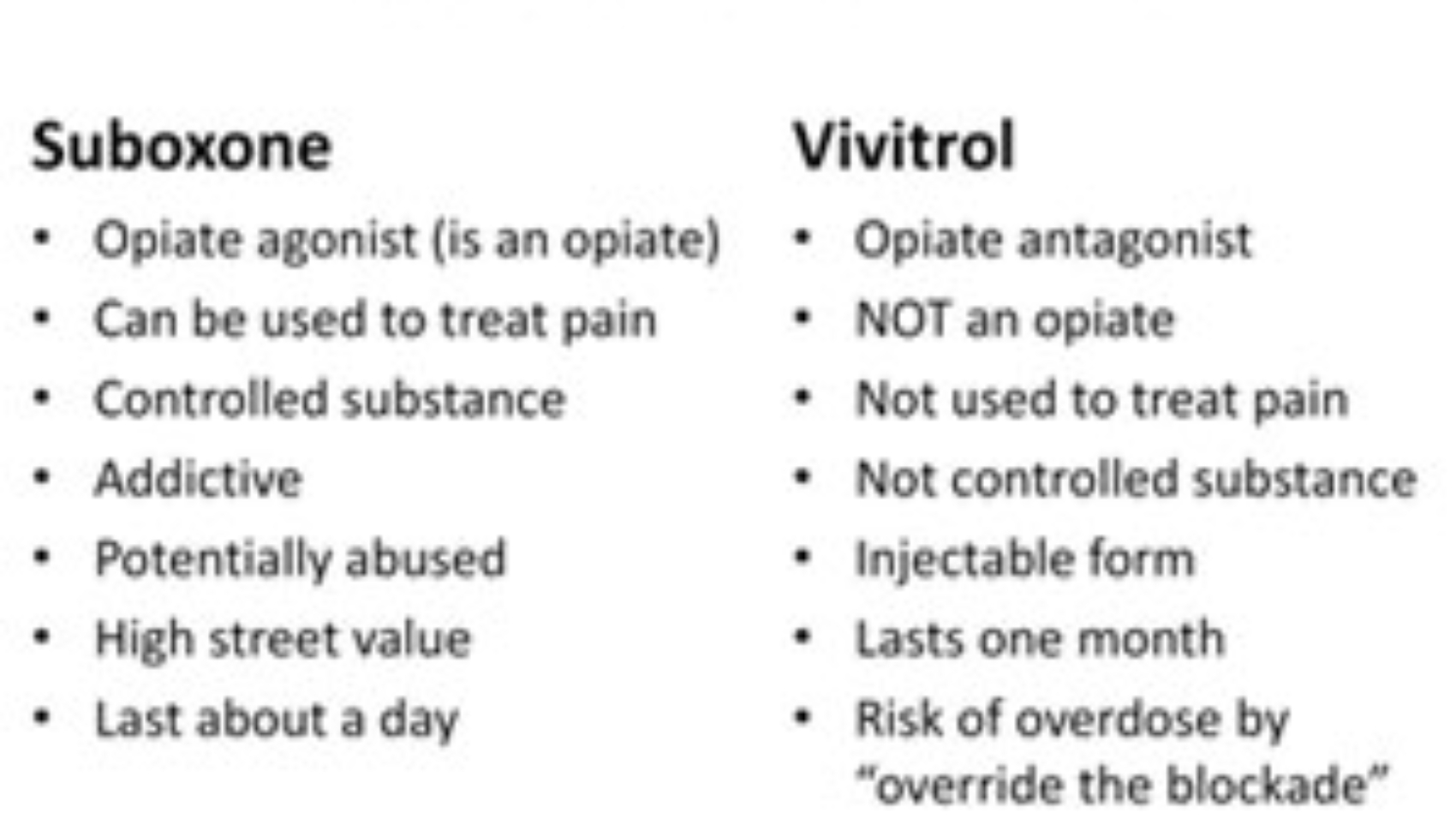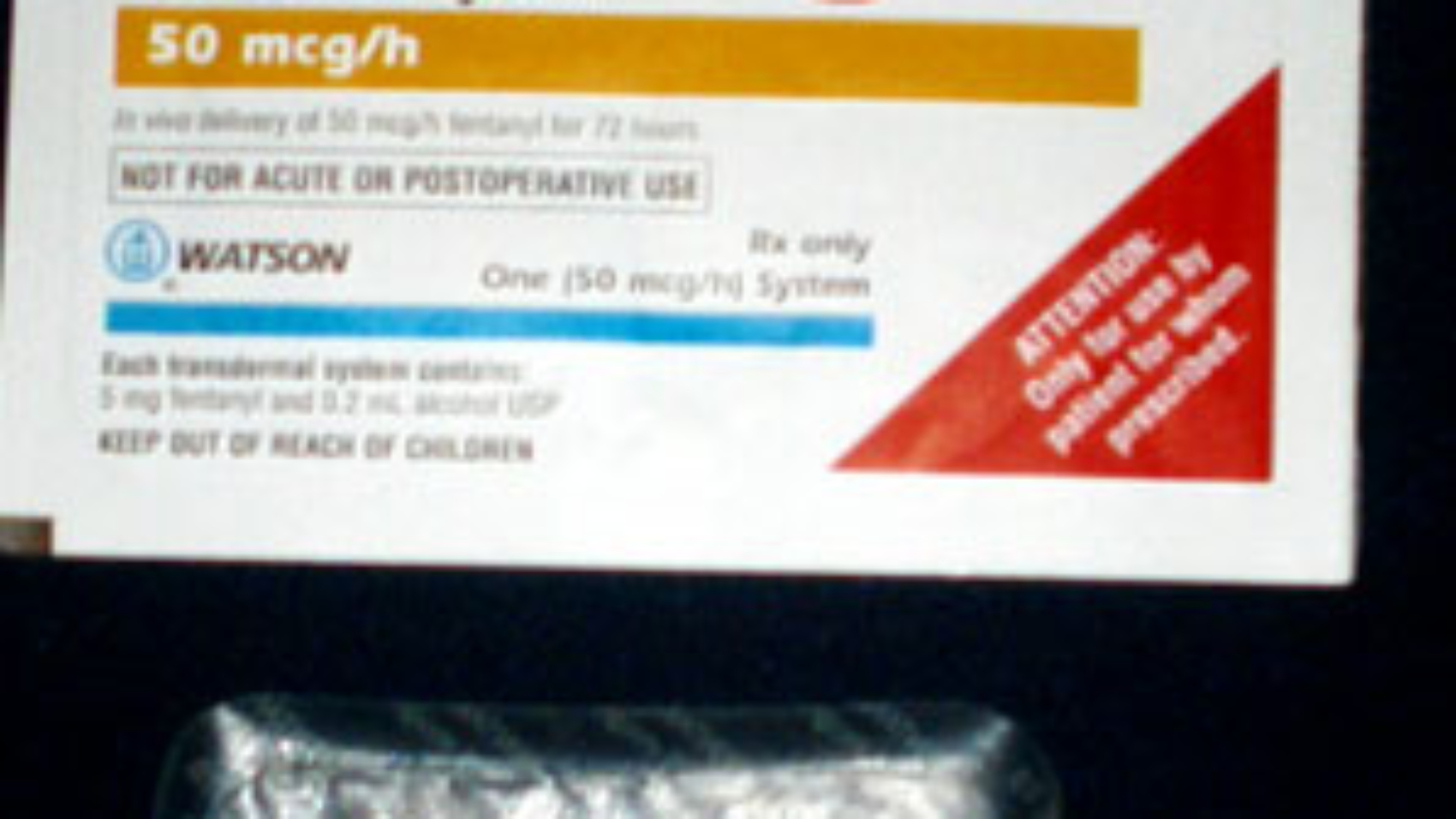
10 Key Advantages of Long Term Rehab
Treatment options for drug and alcohol abuse have grown in recent years, but long-term rehab remains one of the best methods and provides a level of care that many other shorter options do not. Often entering a drug rehab facility is what makes the difference between relapse and long-term sobriety.
Some of the shorter options include ‘cold turkey’ withdrawal or outpatient treatments. Neither of these will provide the consistency of physical and psychological support that a long-term option does. Additionally, long-term facilities offer safety and supervision which many addicts need and find reassuring.
Choosing between a bewildering array of options can be overwhelming. Here are 10 good reasons for choosing a long-term rehab facility for yourself or a loved one:
Reason #1 To remove enabling or negative influences
When a client enters a drug rehab facility their communication with the outside world is limited and monitored. This helps to remove any of the negative environmental influences and also isolate them from those who have enabled their drug use. This means that they are not discouraged or undermined in their attempts to achieve sobriety by preventing access to drugs or negative influences. This removal from ones environment is only one of the advantages of long term rehab.
Reason #2 To live in a drug and alcohol-free environment
A long-term rehab facility is a no drug and alcohol zone. The client must live at the facility and, unlike outpatient treatments which allow the individual to go back into the environments that enable them to access drugs or alcohol, clients may only leave on approved or supervised trips. The facility is a safe, supportive place which provides stability and freedom from temptation.
Reason #3 To establish routine and structure
Once a person is dependent on or addicted to drugs they often lose any structure in their life which leads to more likelihood of substance abuse. Within a rehab facility, the clients have full days which are structured to include all their therapies and other activities to help them towards health and sobriety. The aim is to encourage activities that help them stay away from drugs or alcohol and also start to learn coping strategies to stay sober in the long term.
Reason #4 To access 24/7 support
Long term rehab provides staff 24 hours a day so there is always someone on hand to give support when needed. These professionals are there at all times for the benefit of the client, providing help, advice and support at critical moments on the journey to sobriety making relapse less likely. This is yet another one of the advantages of long term rehab.
Reason #5 To receive medical support and supervision
In the early days, many clients experience unpleasant physical or mental withdrawal symptoms, yet with the right medical support the worse symptoms can be alleviated. This benefits the client immeasurably and is also reassuring to family, friends and loved ones who can see that the client’s struggles are being dealt with sympathetically, appropriately and safely.
Reason #6 To facilitate personal growth
Choosing a long-term rehab program gives the client time to focus on themselves away from all the pressures of day-to-day life. This is a good opportunity to look at areas of personal growth and how they can direct energy away from destructive people and activities and towards more productive, positive pastimes to help maintain sobriety long term.
Reason #7 To live in a sober environment with sober peers
This is particularly valuable for young adults who may have related to their peers through drugs and alcohol use. Within a long term rehab facility, they can form relationships with other people who are sharing the experience and working towards their sobriety. This allows them to develop new ways of relating to others and it provides critical support through the harder stages of withdrawal.
Reason #8 To access more therapy options
Long-term rehab and treatment programs offer many experiences, therapeutic interventions and treatment that will benefit the client on all levels. Physical, mental and emotional needs are equally important and utilizing many different types of therapy and treatment can help the clients start to relate what they learn to their own real-world experiences. Many therapies allow clients to develop new interests and take up new hobbies that they can continue when they leave, filling time productively with positive activities that do not involve seeking and using drugs.
Reason #9 To address nutrition problems
Those that abuse substances often neglect their nutrition which can then lead to worsening withdrawal symptoms and poor health. Inpatient rehab looks at the nutritional needs of each client and produces a nutritionally sound diet to support them through their journey to sobriety.
Reason #10 To get help with returning to the real world
Once the client has been assisted to withdraw from drugs or alcohol treatment will help them develop tools to help them stay sober. By participating in treatment the client will have developed mechanisms for avoiding their triggers and staying away from negative influences, they will be able to avoid relapse by putting the healthy lessons and tools in place once they move on from their stay.
If you would like to learn more about treatment for addiction, particularly long-term treatment programs please contact us. At The Last House, we will work with you to give yourself, your child or your loved one the best chance of moving forward to an addiction-free life.
Oops! We could not locate your form.

